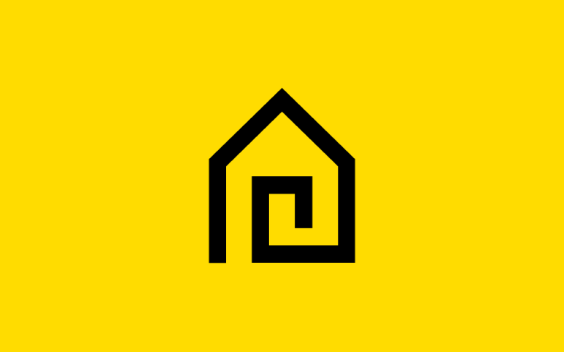In collaboration with Águas e Energia do Porto, Porto Energy Agency and Camara Municipal do Porto, E-REDES inaugurates the new space of the Water Pavilion with an exhibition dedicated to its role as facilitator of the energy transition. The goal is to bring citizens closer to the brand, explaining the entire process of electricity distribution and how it impacts the daily lives of each one of us.
The exhibition has three interactive panels:
Panel illustrating the energy cycle from production to consumption with emphasis on the role and the essential contribution of the network operator in the energy transition path, as a facilitator of the same.

Interactive model that allows you to experience the effect of the available tools in favor of the energy transition. By interacting with this mockup, one can understand how the behavior we adopt in our homes can impact the energy transition and contribute to greater efficiency. The interaction translates the consumption levels of the appliances we use in our homes, taking into account an efficient home, with a solar panel and its own energy production and electric vehicle charging.

On a panel in smartphone format we challenge visitors to the exhibition to answer questions about the concepts behind energy efficiency and show ways in which we can all contribute to it. After the concepts have been conveyed in panel 1, through the interactive model, knowledge is tested and reinforced here.

This initiative fits in the path of E-REDES as a facilitator of the energy transition by promoting an electricity distribution increasingly technological, efficient and sustainable and intends to formalize the cooperation between these three entities through the implementation of this exhibition in favor of sustainable development through the intelligent use of energy and its interface with the environment.
The awareness that the behavior adopted in our homes can impact the energy transition and contribute to greater efficiency is fundamental.
This is the path that allows us to save on consumption levels, energy costs and carbon footprint.